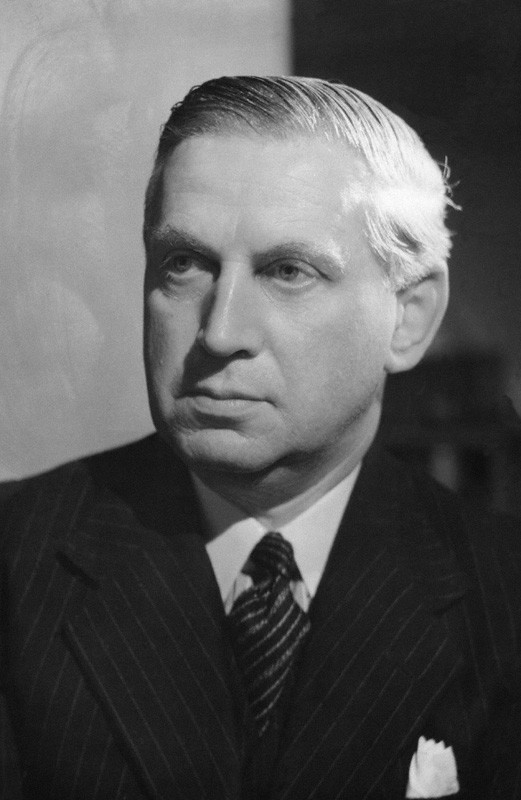Get Today in Masonic History into your Inbox. Sign up today for one of our email lists!
Need an article for your Trestleboard/Newsletter see our Use Policy
Edward Victor Appleton Passes Away

Today in Masonic History Edward Victor Appleton passes away in 1965.
Edward Victor Appleton was a British physicist.
Appleton was born in Bradford, West Riding of Yorkshire, England on September 6th, 1892. He attended Hanson Grammar School before being awarded a scholarship to attend St. John's College, Cambridge University in 1911. He graduated with First Cass Honors in Natural Science with Physics in 1913.
During World War I, Appleton served first with the West Riding Regiment. Later he transfered to the Royal Engineers. When he returned from the war he became assistant demonstrator in experimental physics at the Cavendish Laboratory, which is the Physics Department of the University of Cambridge, in 1920. He went on to become a professor of physics at King's College London from 1924 to 1936 before returning to Cambridge as a professor of natural philosophy at the University of Cambridge from 1936 to 1939. From 1939 to 1949 he was the secretary of the Department of Scientific and Industrial Research which is part of the British government. He finished his career as Principal and Vice-Chancellor of the University of Edinburgh starting in 1949.
In 1924, Appleton began conducting experiments regarding the ionosphere. The ionosphere is a layer of the Earth's atmosphere which becomes ionized during daylight hours. It splits into two layers and has an effect on radio wave propagation. In the nighttime hours radio waves tend to travel better as the bounce off the ionosphere which sits higher around Earth when the two layers are combined. This provides a skip zone for radio waves. Although Appleton was not the first to conceive of the ionosphere he was the first to determine it's effects on radio waves. He was able to determine a methodology to calculate the impact of the ionosphere on radio waves.
In 1947, Appleton received the Noble Peace Prize for his work on the ionosphere. His work also led to the development of radar.
Appleton passed away on April 21st, 1965.
Appleton was a member of Isaac Newton University Lodge No. 859 in Cambridge, England
This article provided by Brother Eric C. Steele.

